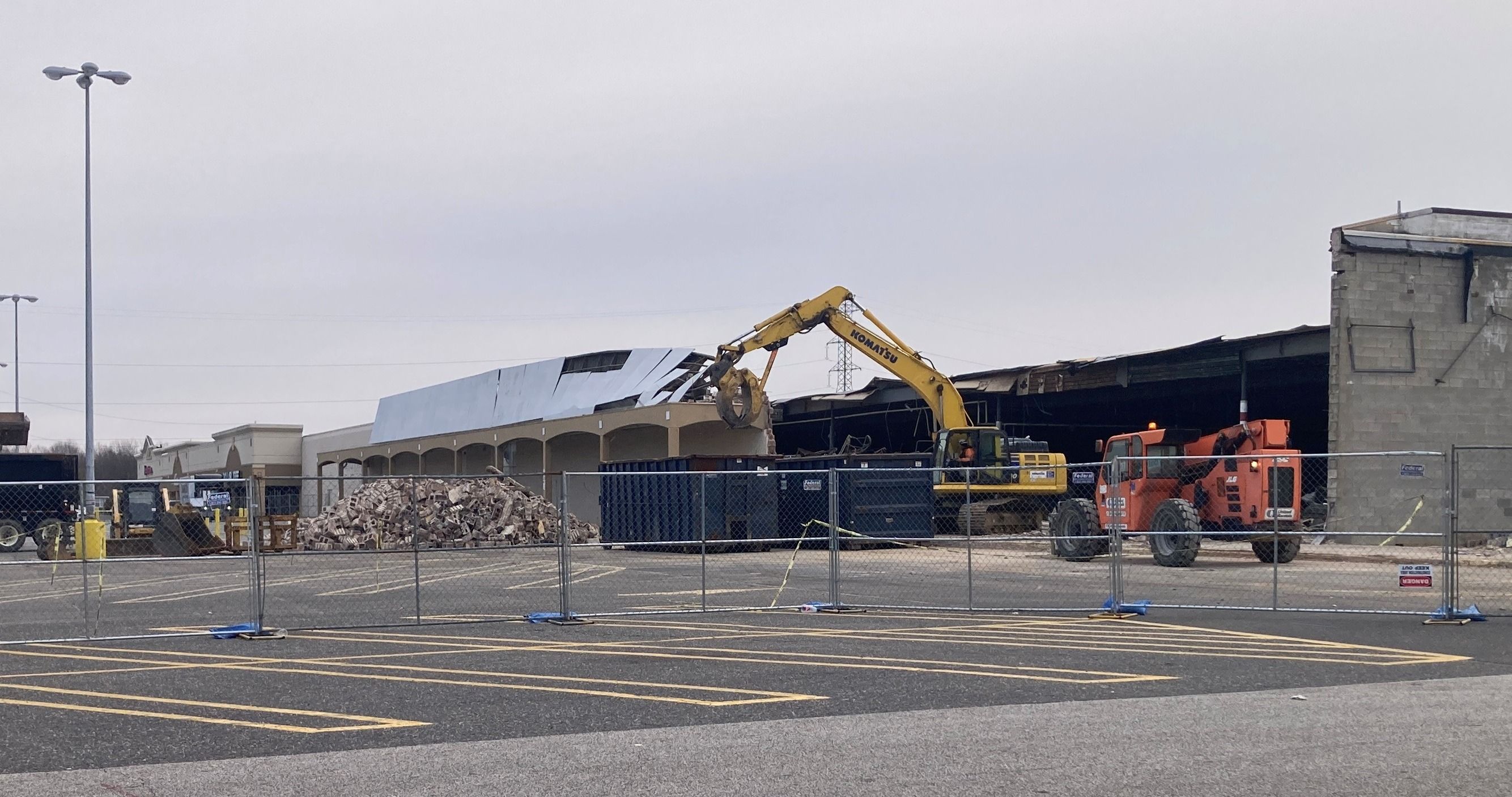Notice of Settlement for NJ Contractors: Lock Down Your Deal
by Bob Incollingo
It’s an old saying that “in an up market, sellers want out, and in a down market, buyers want out.” The time between signing an agreement of sale and going to the closing ought to be worry-free, but when real estate prices are rising, the deal could be jeopardized by an interloper with a sweeter offer.
For an ordinary consumer, losing a bargain purchase won’t be the end of the world, but for a rehabber or a builder of spec houses in the business of buying and improving real property for resale, contract interference can threaten the profits of a season. If you think you just scored a good deal, and your livelihood depends on closing purchase, you'll want to know about notices of settlement, cheap legal protection you can put in place to discourage sale to a third party.
If he can do so lawfully, a seller in receipt of a better offer can be expected to try to kill the sale during the attorney review period, the three business days from the date the fully executed agreement is delivered to both the buyer and seller. After the attorney review period has passed, an unscrupulous seller may variously announce that he “deems himself insecure” regarding the ability of the first buyer to close, declare the earnest money forfeit, assert that the first buyer is in major breach over a missed deadline, fail to address property condition issues, fail to provide access or keep appointments with inspectors so as to kill the financing, crazily demand to buy out the first buyer, or wrongfully sell the property out from under him. Most buyers mistreated in this way will only lose a new place to live, but a jilted builder or rehabber may lose anticipated profit representing months of income lost to delay and related cost increases.
Once a builder of spec homes has identified a building lot for sale, he will ordinarily line up his purchase money and place the lot under contract with the seller. With his plans in shape to pass municipal review, the builder will close on the purchase and begin construction. Because there are costs and downside financial risks that come with holding real property in inventory, spec houses are often listed for sale by a builder when they are a month or two from completion.
A flipper who identifies a fixer-upper will often buy it with a “hard money” loan from an individual or company and not a bank. Hard money loans rely more on the value of the property as collateral than on the credit standing of the borrower and come at a higher interest rate than a regular mortgage. As with the builder of a spec house, a flipper wants to sell the upgraded property within the shortest possible time to minimize payment of high-interest rate loans.
Obviously, neither a builder nor a rehabber makes any money if their purchase falls through. In a rising market, the higher price to be paid on the next opportunity adds to the cost of losing the first deal.
If a slippery seller disavows (“repudiates”) his contract with a buyer/builder, the seller is in major breach and he can be sued by the buyer for specific performance. If the buyer’s lawsuit is successful, the sale will go forward by court order. Why then do anything except reserve the right to sue for breach? Because even while the purchase agreement is in writing, signed by seller and buyer, there are limits on the remedies allowed to a buyer who sues a breaching seller for sale to an innocent third party, known in the law as a “bona fide purchaser.”
Among the parties necessary to resolve resulting litigation will be anyone who claims that he is a bona fide purchaser who has bought the real estate in good faith, without knowledge of any prior claim or interest in the property by the first buyer. If the new buyer proves that he is a bona fide purchaser, the remedy of specific performance will be off the table, and while the seller may have to pay money damages to the builder, the second sale will not be unwound.
Given the risk that a seller may receive a better offer, or may want to kill the deal for any other reason, a builder buyer will welcome cheap legal protection to discourage sale to a third party. That kind of safeguard is available in the form of a document called a “notice of settlement,” which is a written notice to the world that the property is under contract. N.J.S.A. 46:26A-2.l. A party to a settlement which will convey an interest in real property, a mortgage on real property, or both, or the authorized representative of a party, or a licensed title insurance producer, may execute a notice of settlement and record it in the recording office of the county where the real property is located. N.J.S.A. 46:26A-11.
A notice of settlement must be in substantially the following form:
Name ...............................)
Address ............................)
(Seller or Mortgagor) NOTICE OF SETTLEMENT
Name ...............................)
Address ............................)
(Purchaser or Mortgagee)
NOTICE is hereby given of a ............................. (contract, agreement or mortgage commitment) between the parties.
THE lands to be affected are described as follows:
Premises in the ........ of ........, (municipality) County of .............. and State of New Jersey, commonly known as .............................................. (street address) and more particularly described as follows:
(legal description)
Name of party or authorized representative ...............................
Address .............................................................
(acknowledgment)
The notice of settlement must be signed by a party to the settlement or a party's authorized representative. It has to state the names of the parties to the settlement and give a description of the real property. If the notice is executed by anyone other than a New Jersey attorney at law, the execution must be acknowledged or proved in the manner of acknowledgment for proof of deeds, that is, verified and confirmed before a notary or other authorized officer. It is then recorded in the county recording office of the county in which the real property is located.
A notice of settlement is effective for 60 days from the date of recording, unless it is terminated by the recording of a "discharge of notice of settlement." The effective period of a notice of settlement may be extended for one period of 60 days by recording an additional notice of settlement before expiration or discharge.
A recorded notice of settlement gives written notice to the world that the property is under contract and headed for closing. It destroys an interloper’s claim of priority for any interest which arose while the notice was in effect. During the effective period of the notice of settlement, as extended, no new buyer can claim status as a "bona fide purchaser." He will not be able to prove he acquired his interest in good faith, without knowledge of any prior claim or interest in the property by the first buyer.
By law, any person who claims an interest in or lien on the real property described in an effective notice of settlement will be deemed to have acquired the interest or lien with knowledge of the anticipated settlement, and shall be subject to the estate or interest created by the deed or mortgage described in the notice of settlement, provided the deed or mortgage is recorded within the time that the notice is effective. In plain language, the first buyer will not lose his priority over the second buyer in the face of a recorded notice of settlement.
If you’re in the business of rehabbing or building spec houses, you should check with your title company to see if they’re recording a notice of settlement and extending it for you automatically when you hire them to preside over a closing. If not, press them to have this done. Lock down your deal.
Bob Incollingo is a dedicated South Jersey construction attorney who litigates construction, business, and real estate cases in Gloucester County, Burlington County, and Camden County, New Jersey from his office in Cherry Hill.



